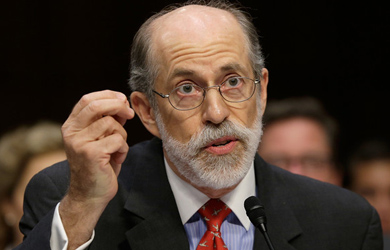On his radio program on Friday, Family Research Council president Tony Perkins added his voice to the Religious Right’s collective outrage over the Pentagon’s decision to allow women to serve in combat positions. The move, Perkins warned, will decrease morale and deter volunteers to the point that “we will have to reinstate the draft.”
I spoke with Senator Jim Inhofe of Oklahoma earlier today about this. He is the ranking member on the Senate Armed Services Committee and he is probably going to be joining me next week on the program. We talked about it and he says the Pentagon will – they don’t have to by law, they don’t have to get a congressional action – but they will be presenting their proposal to Congress. Congress could stop it. Now, I’m not very optimistic that Congress has the backbone to do anything about that. We’ve seen that before on ‘don’t ask, don’t tell.’
We’re going to be tracking this very close because, again, this is a national security issue. I didn’t even get into the issue, don’t have time today, but with all of the social engineering that’s going on in our military, I do not think we’re far off from the very real possibility of having to reinstate the draft. Now think about that for a moment. Walk that out. We have to revert to the draft because all of the morale issues and what’s happening in the military, people are not volunteering to join, so we get into another major conflict, we have to reinstate the draft, and all of a sudden they’re drafting our daughters to serve in combat.
Perkins is not alone in his fears. The American Family Association’s Bryan Fischer also warned last week that the new policy would cause a “complete sexual meltdown” in the military and a subsequent reinstatement of the draft.
It may be of some comfort to Perkins and Fischer to note that their similarly dire predictions about the end of “don’t ask, don’t tell” – including Fischer’s prediction that “the draft will return with a vengeance and out of necessity” – have not come to pass. Not only has the draft not been reinstated, a study by a group of military school professors one year after the repeal of DADT found that the repeal “had no overall negative impact on military readiness or its component dimensions, including cohesion, recruitment, retention, assaults, harassment or morale.”







